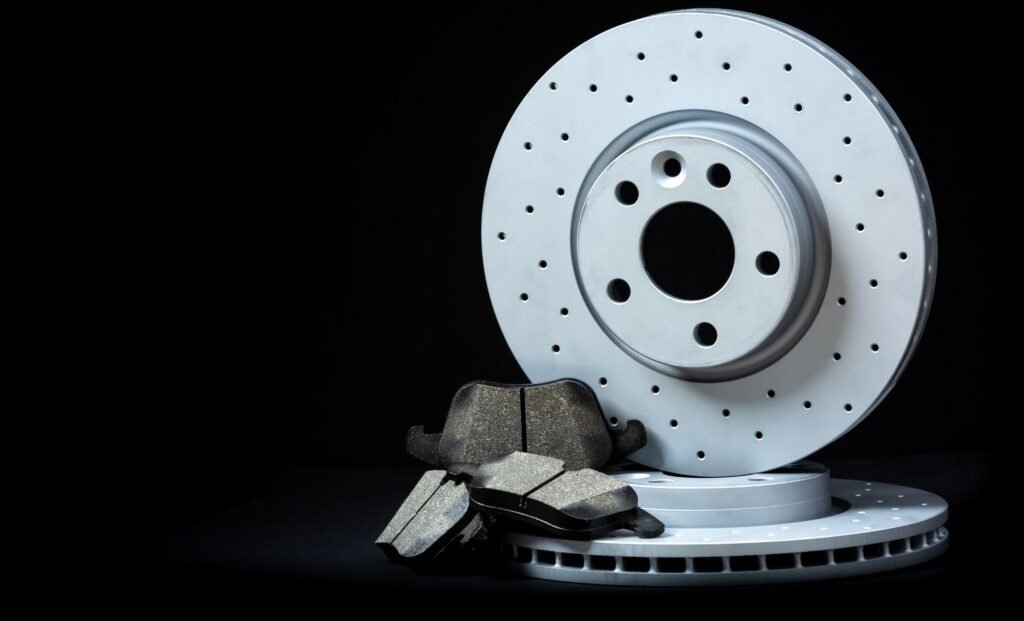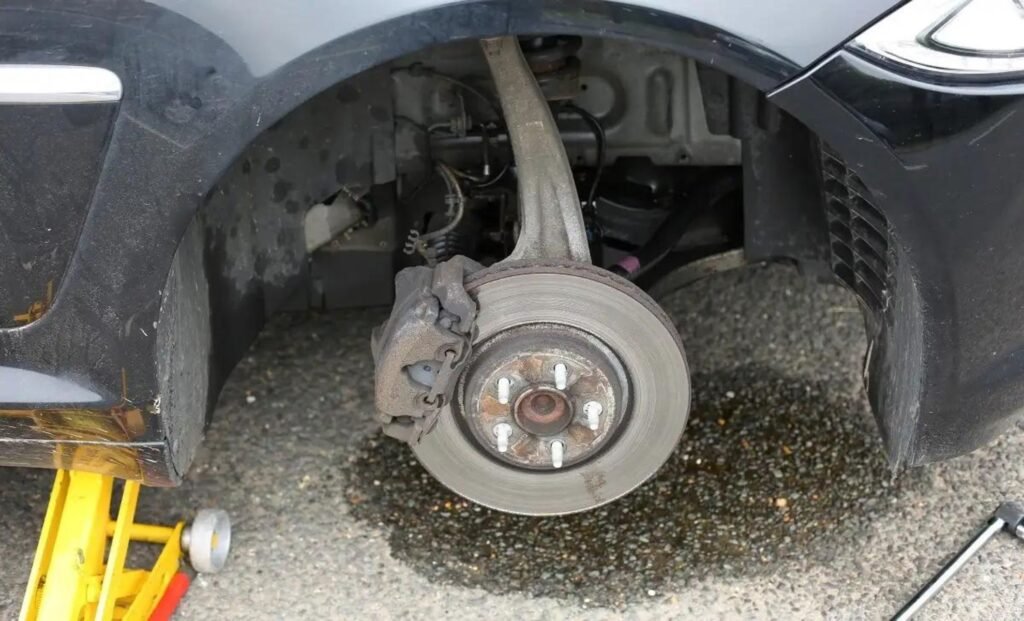Reduced Responsiveness from the Brake Problem: If you care about the safety and security of your vehicle, you should prioritize the braking system. The safety of everyone on the road depends on cars being able to stop quickly and without incident. However, staying focused and understanding the situation quickly is important if you encounter a reduced brake reaction. Through illuminating its causes, impacts, and required alternatives, this blog examines the many metrics of reduced brake reactivity. The causes of a decrease in responsiveness
Brake Pad Usage: Friction causes brake pads to lose some of their effectiveness and response over time. Because the material is so much thinner, they can’t provide enough rubbing to lower or remove the automobile.

Difficulty with Brake Gas: It is crucial to have brake fluid on hand when hydraulic pressure is used to pressure the braking components. Degraded or dirty brake fluid causes a mushy pedal and reduced braking efficacy.
Brake Callipers Having Issues: Crucial for applying pressure to the blades, the calipers also support the brake pads. When calipers are stuck or confiscated, their action is blocked, which leads to diminished sensitivity and unequal contact with the brake pads.
Braking Line Leaks: If the hydraulic pressure drops, the force provided to the braking components will be reduced. This causes a delay in reaction and reduces the ability to halt.

Buoyancy in Brake Lines: When pressure is applied, a mushy pedal and diminished braking response might result from air condensing in the brake lines.
Findings from less responsive braking: Reduced Responsiveness from the Brake Problem
The risk of accidents increases, especially in emergencies, due to greater stopping distances caused by less sensitive brakes.
Endangered Peace of mind and safety: A sluggish stopping mechanism threatens the safety of the driver, passengers, and bystanders. Collisions are possible while traveling at high speed or when there is a great deal of traffic on the internet.
Continuous or intense braking causes the stopping system to overheat, a phenomenon known as brake fade. Reduced sensitivity exacerbates the problem by putting the system’s capacity to slow the vehicle at greater risk effectively.
Methods for fixing this problem: Reduced Responsiveness from the Brake Problem.
Standard Assessments: Regularly examining the braking system is crucial for detecting wear or damage early on. Work with a seasoned technician to plan regular maintenance evaluations.
Accredited Expert Review: Find out whether your brakes are less sensitive by getting a quick, professional inspection and diagnosis. A trained expert can detect the problem and recommend a course of action.
Avoid Rude Driving: Brake components wear out faster when drivers engage in rude driving practices, including sudden stops and high speeds. Be extra careful when driving to extend the life of your brakes.

Maintaining a clean hydraulic system and preserving its effectiveness is easy with regular brake liquid flushes and replacements. Refer to the owner’s manual for the vehicle for the suggested intervals.
Changing out worn brake pads as soon as possible is an absolute must. As a general rule, it would help if you changed them when they are around 3mm thick. The highest possible braking efficiency is ensured in this way.
Proper tire stress increases braking effectiveness, so be sure to keep it at a healthy level. Low tire pressure can worsen the effects of reduced braking feedback.
Keep Your Car From Being Overloaded: Your brakes will wear out faster and become less responsive if your vehicle is overloaded.
Keep the caliper pins lubricated and in good working order during compiler maintenance. Restoring stopping efficiency is as easy as switching out the taken calipers.
Conclusion
Last but not least, reduced brake sensitivity is an urgent problem that needs fixing. To guarantee the well-being of all those who use the road, it is critical to comprehend its causes, effects, and necessary responses. Maintaining a braking system with routine inspections, proactive driving, and regular servicing may keep it responsive and dependable.
Our mission is to provide services that will satisfy our customers—high-quality products and services at Utilised Engines. We cover the whole United States, managing used engines and transmissions.




